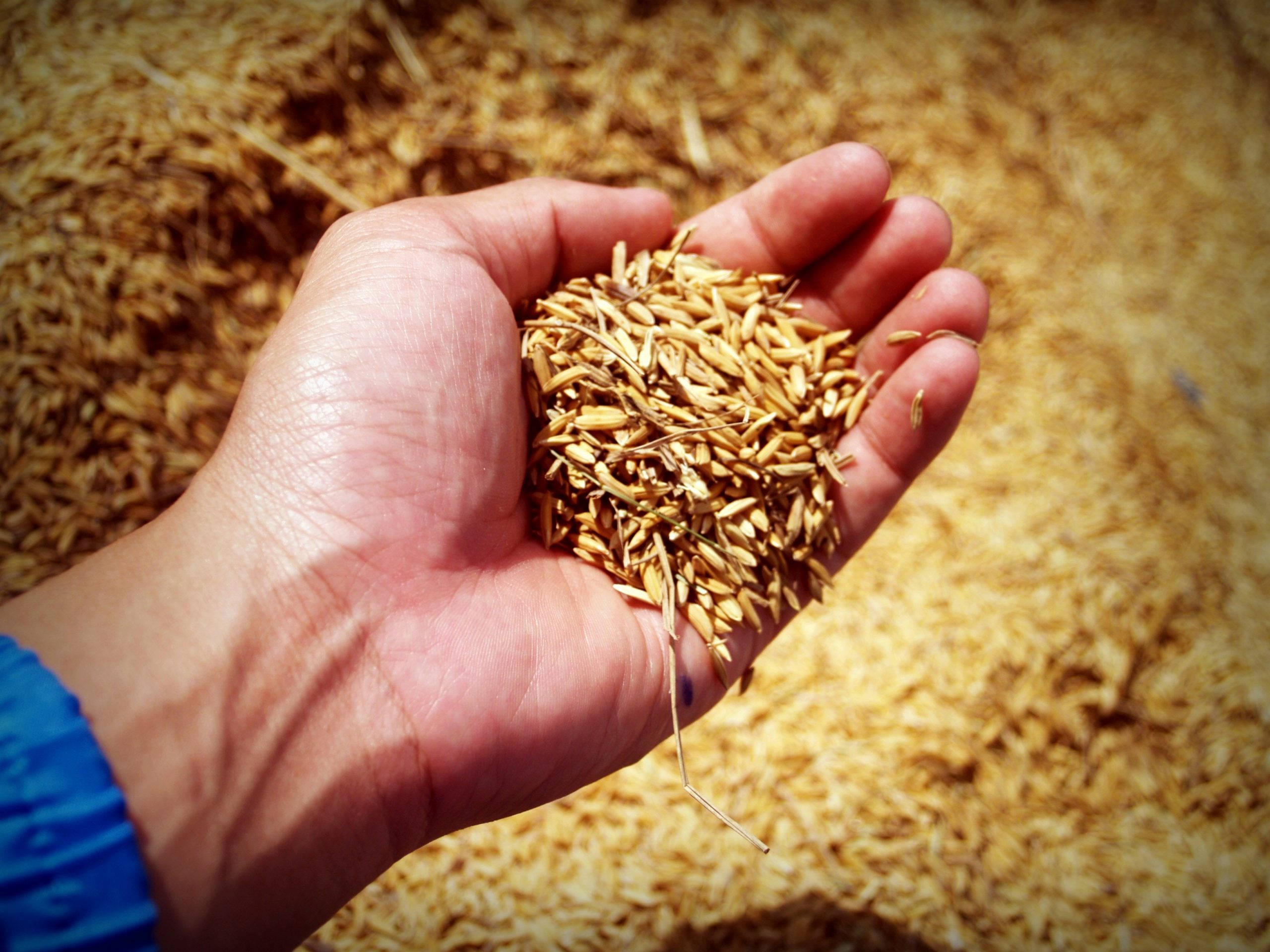In the wake of the COVID-19 pandemic, the Central government has allowed states and Union Territories to take Public Distribution System food grains for three months on credit. But will the system be able to deliver results, particularly in this hour of need?
India has one of the most extensive food security programs in the world. The current Targeted Public Distribution System (TPDS) extends to nearly two-thirds of its population. This TPDS, constituted under the National Food Security Act 2013, was envisioned to ensure “access to adequate quantity of quality food at affordable prices to people to live a life with dignity.” However, its well-documented inefficiencies leave much to be desired. One significant element that is absent in the present structure is the choice for beneficiaries. Beneficiaries should have the option to decide whether they want to receive their entitlement in cash or in-kind under TPDS. Currently, beneficiaries can only opt-in for the latter. That means they can only receive the grains which the government decides to provide – rice and wheat in most cases. How can we incorporate such flexibility into TPDS to improve the system?
Under the present TPDS, both Central and state governments play a role in ensuring access to food. The Central government is responsible for procuring food grains from farmers at minimum support prices, transporting and allocating them to each state. The state governments are responsible for identifying eligible households and distributing food grains to beneficiaries through Fair Price Shops. There are nearly 5.27 lakh Fair Price Shops operational across India where beneficiaries can purchase their monthly food grains entitlements at subsidised rates.
Despite being India’s flagship food security programme, TPDS suffers from significant flaws, especially in delivering the food grains. Stakeholders such as dealers of Fair Price Shops have an in-built incentive to “leak” food grains into the open market where they can sell the subsidised grains at higher rates. Moreover, research indicates that the current subsidy programme incentivises farmers to produce cereals such as wheat and rice that the government procures for the PDS instead of other and often more nutritious coarse grains such as jowar, bajra, ragi, etc.
Direct Benefits Transfers (DBTs) can ease this pressure on the system. By transferring money directly into the accounts of beneficiaries, the government could allow the beneficiaries to buy the food grains of their choice. Local grains such as jowar and bajra can then compete with rice and wheat on a level-playing field. These crops also have the potential to generate more income for farmers as they require less water and fertilisers, thereby reducing the production cost. Shopkeepers are also no longer incentivised to direct the grains into the open market as they get the market price from the beneficiaries. Moreover, with over 95 per cent population covered with Aadhaar and the increased financial inclusion in the past few years means that the government will be able to do DBT with ease and without leakages.
While cash transfers improve accountability mechanisms for retailers, choice and quality of the produce, implementation of this mechanism can take time given our limited State capacity. In 2015, Government of India rolled out DBTs in three Union Territories—Chandigarh, Puducherry and Dadra Nagar Haveli—in place of in-kind TPDS benefits. A process monitoring study of these DBTs from 2016 to 2017 showed that even though the beneficiary preference for DBTs over in-kind benefits in these states grew from 35 per cent to 65 per cent, around one in five beneficiaries reported not receiving the transfers.
Thus, instead of prescribing a single model for TPDS, we should allow beneficiaries to choose between in-kind benefits and cash transfers. Such a principles-based approach will improve the welfare of the beneficiaries by expanding their options. It will also strengthen the current TPDS as it will have to compete with the local grain market and other competitors for consumers. At the same time, we must be cautious in designing this system so that choice does not become woe for those who need it.
Read More: Cash Transfers for Food
Post Disclaimer
The opinions expressed in this essay are those of the authors. They do not purport to reflect the opinions or views of CCS.






